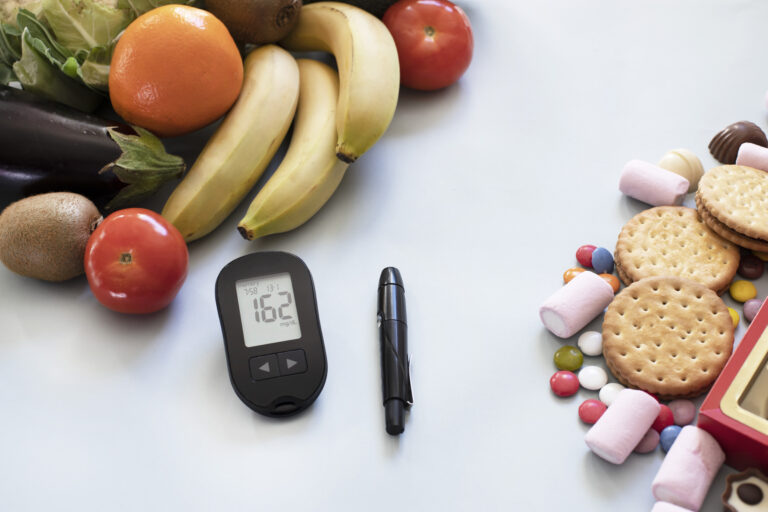Are You at Risk for Postpartum Diabetes? Here’s What Every New Mom Needs to Know
Bringing a baby into the world is life-changing, but for some moms, postpartum can come with unexpected health challenges—like postpartum diabetes. If you had gestational diabetes during pregnancy, or if you’re struggling with unexplained fatigue and sugar cravings after birth, you might be at risk.
1. What Is Postpartum Diabetes?
Postpartum diabetes occurs when blood sugar levels remain high after childbirth, especially in women who had gestational diabetes. While some cases resolve naturally, others can develop into Type 2 diabetes, increasing long-term health risks.
Are You at Risk?
- Had gestational diabetes during pregnancy
- Have a family history of diabetes
- Struggling with unexplained fatigue or excessive thirst
- Experiencing sugar cravings and sudden weight changes
- Had a C-section or high birth weight baby
2. Natural Ways to Prevent Postpartum Diabetes
While medical guidance is crucial, lifestyle changes can play a big role in preventing diabetes after childbirth. Here’s how you can take charge of your health naturally:
1. Balance Your Diet with Blood Sugar-Friendly Foods
- Protein-rich foods (dal, paneer, eggs) keep sugar levels stable
- Healthy fats (ghee, nuts, avocado) prevent energy crashes
- Fiber-loaded veggies (spinach, methi, carrots) regulate glucose
- Limit refined carbs (maida, white rice) to avoid sugar spikes
Related: Hormone-Balancing Indian Superfoods Every New Mom Needs in Her Diet
2. Stay Active with Gentle Workouts
- Short 10-15 minute walks after meals improve insulin sensitivity
- Postnatal yoga helps balance hormones and regulate blood sugar
- Strength training (light weights, resistance bands) builds metabolism
3. Get Enough Sleep & Manage Stress
- Lack of sleep increases insulin resistance—prioritize naps
- Breathing exercises & meditation lower cortisol, reducing sugar spikes
- Set realistic expectations—your body needs time to heal
Struggling with postpartum stress? Talk to our mental health experts. Book a session.
3. When to Seek Medical Help
If you experience any of the following symptoms, it’s time to check in with a doctor:
- Extreme thirst & frequent urination
- Blurred vision or dizziness
- Sudden weight gain or loss
- Non-healing wounds or infections
- Tingling or numbness in hands & feet
Final Thoughts: Take Charge of Your Postpartum Health
Postpartum diabetes is manageable—and often preventable—with the right care and lifestyle choices. Being proactive now can help you stay healthy for years to come.



